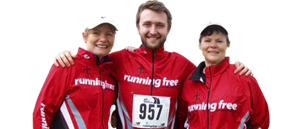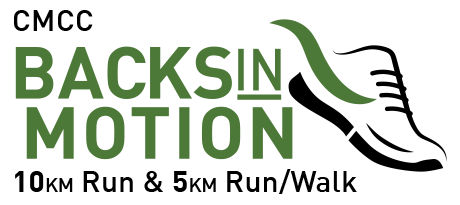Perhaps, if you were a pro, you would train like one.
You would wake up early from a 10-hour sleep and eat an extremely well-balanced first meal of the day (probably advised by a dietician who specializes in nutrient intake for athletes).
You would do this before beginning your first of several daily training sessions under the guidance of one or many coaches.
Perhaps you would have a nap in the middle of the day before completing your afternoon & evening training. Perhaps your nap would last nearly 2 hours.
And maybe, just maybe, you’re daily hour of recovery would be spent under the hands of an athletic therapist, or a massage therapist. This would surely speed your recovery from hard training, and allow you to return to the same daily regimen again tomorrow.
If you were a pro, you would most likely train like one.
But there’s a good chance that if you’re reading this, you’re not a pro…
Professional athletes don’t usually read what I write. I wish they did, but I’ll be the first one to admit it; they have little reason to.
I am an age-group triathlete myself, nothing more… And by day, I work full time as a strength and conditioning coach in a high school.
Daily, I remind students that quality of training trumps quantity of training. Period.
There are plenty of examples I can use with students to prove this point, but they’re rarely required. For the most part, they get it.
Last year at the Lake Placid Ironman I was literally stunned to read about the number of hours the average Ironman finisher claimed to log in a week. 24!
Was I reading that right? It was nearly double the amount I had allowed myself to do on average!
I envisioned three possible scenarios for the outrageous statistic:
- A vast majority of the tens of thousands of individuals surveyed were liars…
- More than half of the athletes surveyed were professional triathletes…
- The average Ironman finisher completes far too much meaningless training…
I was not a triathlon coach. I had completed 8 shorter triathlon races myself before making the trip to Lake Placid, and I wouldn’t be telling the truth if I didn’t say I began to doubt myself. Should I even be here?
Sometimes we allow ourselves to get caught up in the very same mentality as the young (and much more competitively spirited) high school student athlete.
Suddenly, a quality focus toward training loses its value, replaced by the urge to log more hours, more laps, more miles…
I won’t deny that numbers can be extremely helpful when analyzing the big picture of your training load, but they can also be completely insignificant.
Let’s not get carried away with the wrong numbers.
If we were professional athletes, yes, we would train like professional athletes. But since we’re not, let’s operate within reason.
When we find more time and energy for things that go beyond training (family, leisure, sleep), we often see an increase in the quality of work when we are training.
Despite a reduction in overall volume, these increases in quality commonly turn into better performances and better results.
This article and others are on my blog.





















I too was baffled by the training hours/distance stats in the programs. I think they are as exaggerated as the average income.
Good article. I can come up with examples where people expect miracles to happen on race day. It just doesn’t. People train at a certain level, but they expect unreasonable results come race day. Train smarter and better is the key. Personally, I do enjoy recovery ‘easy’ training sessions in between tough work outs as a mental aspect of keeping sane.
Every bit of training invested – not matter the quality – comes back to you on Marathon race day. I have personally trained up to 150k/week, yet I have not yet reached a plateau where more investment yielded no return. And that was 90% low quality training.
By comparison, take a quality long run for Reid Coolsaet, which he recently Tweeted: 32k easy, then 10k in 31 minutes, 3k cooldown. One run – 45k! Last year Reid averaged 190k per week over 14 weeks, then took home his Olympic qualifier. This guy was just a so-so high school runner. This year he will claim Drayton’s Canadian record!
The reality is, as you wrote, Reid can manage that because it is all he does. On the other hand, averaging 110k/wk just about does me in with work, family and honey-do falling behind, more behind, stupidly neglected. Therefore I agree 100% with your main point. The ONLY way for common runners with day jobs to train smarter/better is to replace a bit of the low-value quantity with a few shorter runs of equivalent quality. Just watch the injury bug.
Thanks for the article. Good thoughts to ponder.
Talking about quality i will share a story that i went through it personally. Two years ago my weekly millage was around 120-130km (senior high school student at that time) but they were a very very bad quality runs with lots of stops and a very slow pace. About 8 months ago i started to train with a running coach and he made my weekly millage 90-105km but they were all quality runs and some speed work and twice a week i lift weights and in just 8 months i am now running my 10km in around 39 minutes (before i was 43-45) so yes….QUALITY is the key.